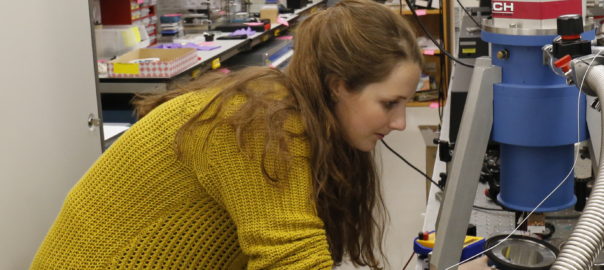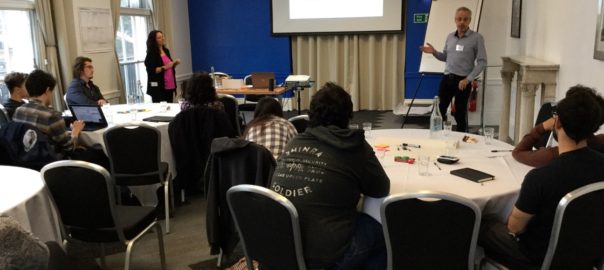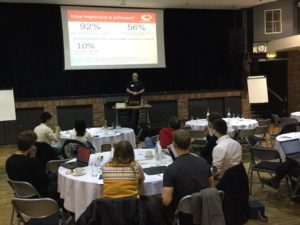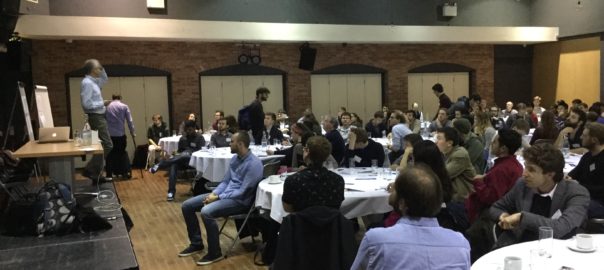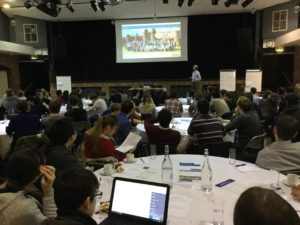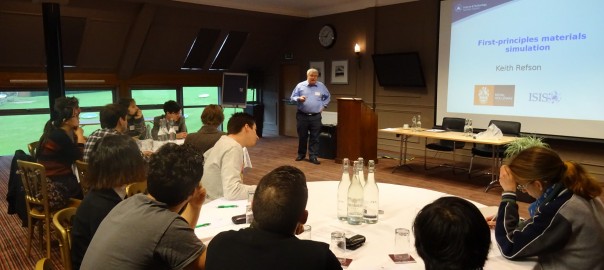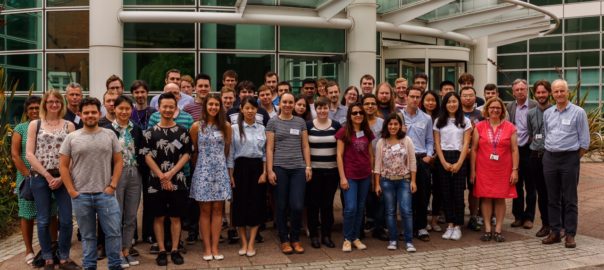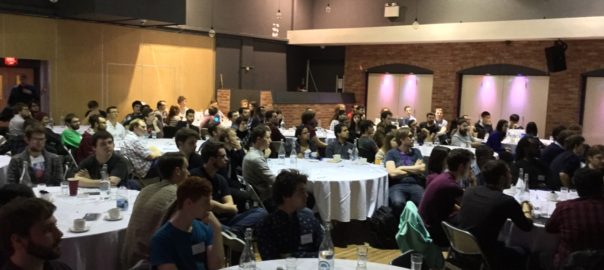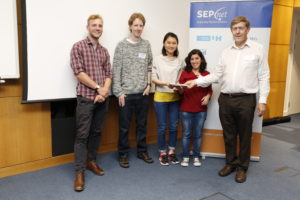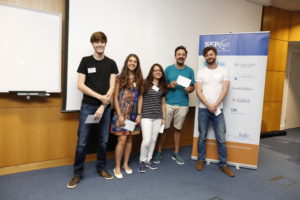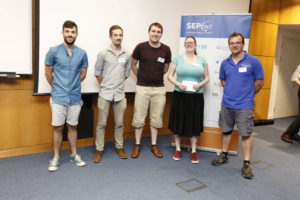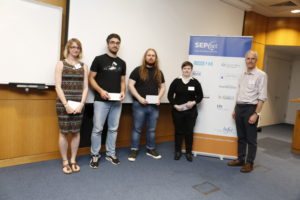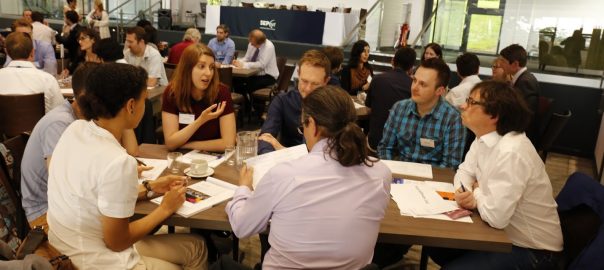SEPnet PhD Scholarships: PhD Grand Challenges 2018
Take nine world-class University Physics Departments. Bring together their research, knowledge and resources. The result is SEPnet.
SEPnet offers PhD programmes focused on the future of physics with scholarships to match. You will optimise the opportunity to enter your preferred field of research with your single application considered by nine universities: Hertfordshire, Kent, the OU, Portsmouth, Queen Mary, Royal Holloway, Southampton, Surrey and Sussex. Our partners offer over 100 PhD projects every year. These projects and SEPnet Scholarships are available in the following areas of research:
- Astrophysics
- Atmospheric and Climate physics
- Atomic, Molecular and Optical Physics
- Medical and Bio- Physics
- Nuclear Physics:
- Particle Physics
- Physics Education
- Quantum Technology and Condensed Matter
- Space and Planetary Sciences
- Theoretical Physics
The SEPnet Graduate Network (GRADnet)
GRADnet provides an extensive regional training programme for postgraduate researchers including physics training and professional skills development. For more information visit: http://www.sepnet.ac.uk/study/phd-opportunities/
GRADnet runs Graduate Schools for Physics PhD students at employers in the region. This video, produced by our students, gives a flavour of what to expect:
How to Apply:
Applicants are invited to submit their current C.V. and a short statement of their research interests (maximum 200 words) to Cristobel Soares-Smith, SEPnet Graduate Network Administrator, gradnetadmin@sepnet.ac.uk by Wednesday 14th February 2018. Selected candidates will be invited to attend an Open Day on February 21st 2018 in order to meet potential supervisors and learn more about GRADnet.
Closing Date: 14 February 2018
Note that you are also able apply directly to any SEPnet University separately through their standard procedures. If your application is accepted by a particular University after the closing date above, it may not be considered for this GRADnet scholarship award. The SEPnet route should be considered as a distinct path. We will endeavour to make your application available to be considered for all relevant specific awards outside this SEPnet scheme but cannot guarantee that we are aware of all advertised posts from individual supervisors.
We expect awards to be made before the end of April.

